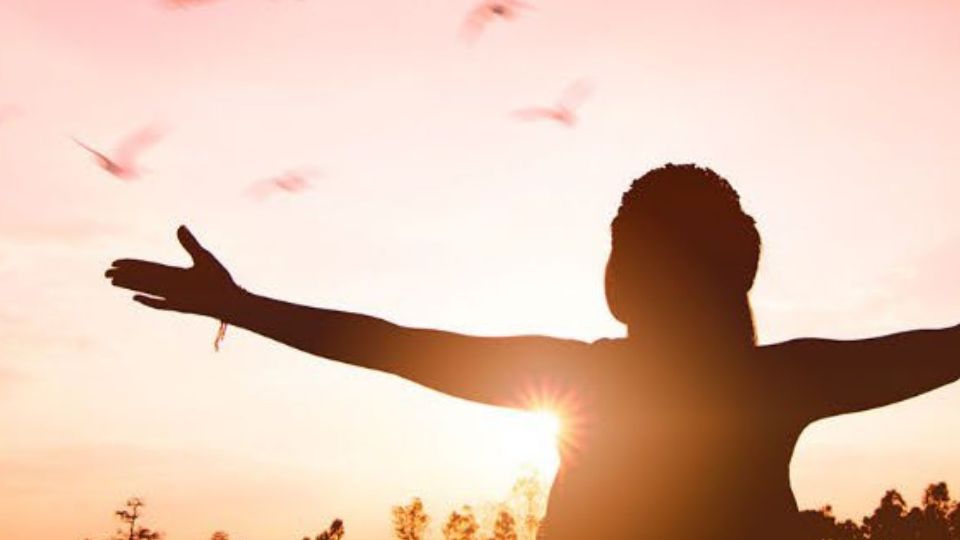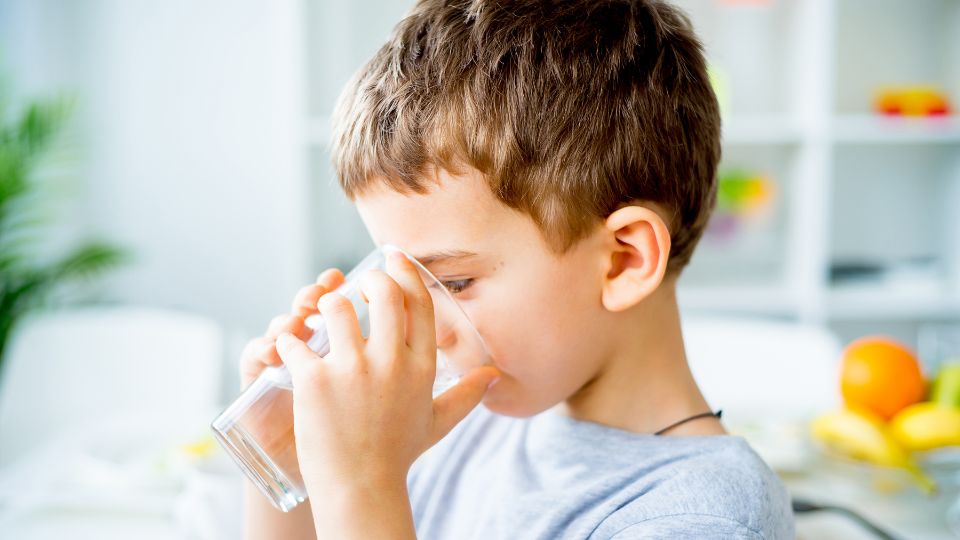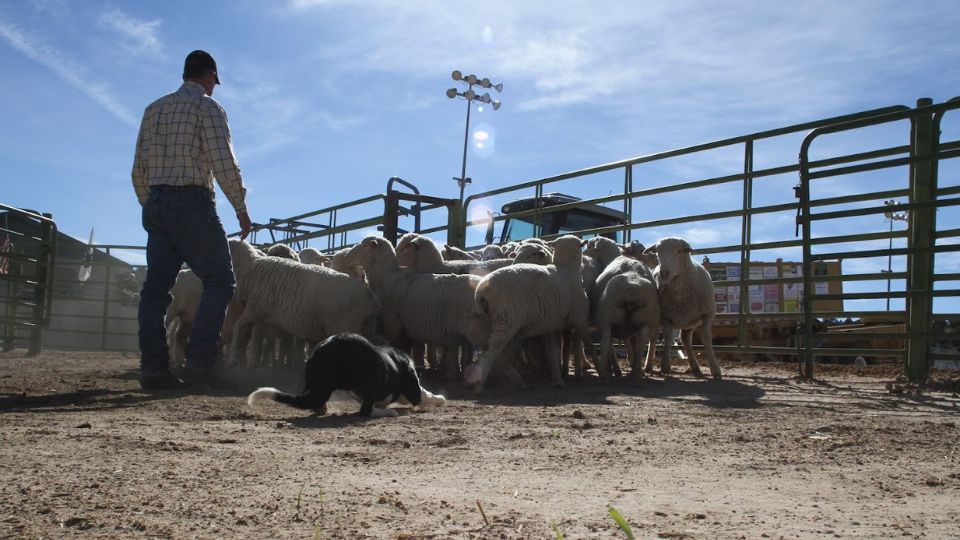Health and Wellness Research Articles
Utahns' Wellbeing and Mental Health by Rural-Urban Location
Those living in the rural U.S. face some unique mental health challenges. Approximately one-fifth of the U.S. population live in rural areas, and about one-fifth of those living in rural areas have some form of mental illness.
Skills to Support Mental Health in Uncertain Times Part 1: Being Open
Even now, several years since the onset of the COVID-19 pandemic, many individuals and families are still dealing with the impacts of the pandemic and its closures (De & Sun, 2023; Kohls et al., 2023; Wolf & Schmitz, 2023). The pandemic’s long-lasting imp...
Skills to Support Mental Health in Uncertain Times Part 3: Being Engaged
A great way to increase your life satisfaction during difficult times is by actively engaging in what matters most to you (Flowers et al., 2023; Wąsowicz et al., 2021). By engaging in actions that matter to you, you can live the life you value rather than...
Is Your Child Hydrated?
Did you know that over 75% of children do not meet the recommended fluid intake each day (Drewnowski et al., 2013)? Water is the best fluid children can drink. It is essential for all functions in the body to work at their ideal level, yet most children d...
The Benefits of Including Kids in the Kitchen
Learning to cook is an essential life skill everyone should strive to develop at some point in their life. Involving kids in the kitchen is a great way to kickstart that learning from a young age and comes with numerous benefits.
Debunking COVID-19 Myths in Utah
As the cold weather approaches and kids return to school and people start spending more time indoors, it is important to get your COVID-19 vaccine or booster. If you are hesitant, read through some common myths we identified from a survey of over 500 adul...
Skills to Support Mental Health in Uncertain Times Part 2: Cultivating Awareness
Uncertainty and worry can be a common struggle for many people, whether they are uncertain about their jobs, health, or relationships. Events such as COVID-19 and the recent wars in Israel and Ukraine increase the stress and uncertainty many people face....
Benefits of Exercise on Mind Function
Regular physical activity has been associated with emotional and mental health well-being (Puett et al., 2014). Regular exercise is important for the development and well-being of the brain because it helps to train the brain and keep the brain healthy.
Community Paramedicine: A New Approach to Health in Rural Communities
The community paramedicine (CP) concept is becoming widely used in rural communities to assist in maintaining and improving health across economic and geographic disparities. This model utilizes highly trained emergency medical service (EMS) professionals...
Managing Stress for Agricultural Producers: Learning to “Unhook”
All of us experience stress, and with it, unpleasant, uncomfortable, or distressing thoughts. Much of the time, people are able to manage the stress—we refocus on our lives and move on. At other times, however, stressful thoughts really impact people’s mo...
Nutrition and Chronic Pain
For those who struggle with chronic pain, sound dietary advice is essential to improve intake and ultimately decrease pain (Arranz et al., 2010).
Utahns' Wellbeing and Mental Health: Insights From The Utah Wellbeing Survey
People in the United States face unique challenges today, including poor mental health. According to the Department of Health and Human Services, the U.S. is currently facing a mental health crisis (2023).













